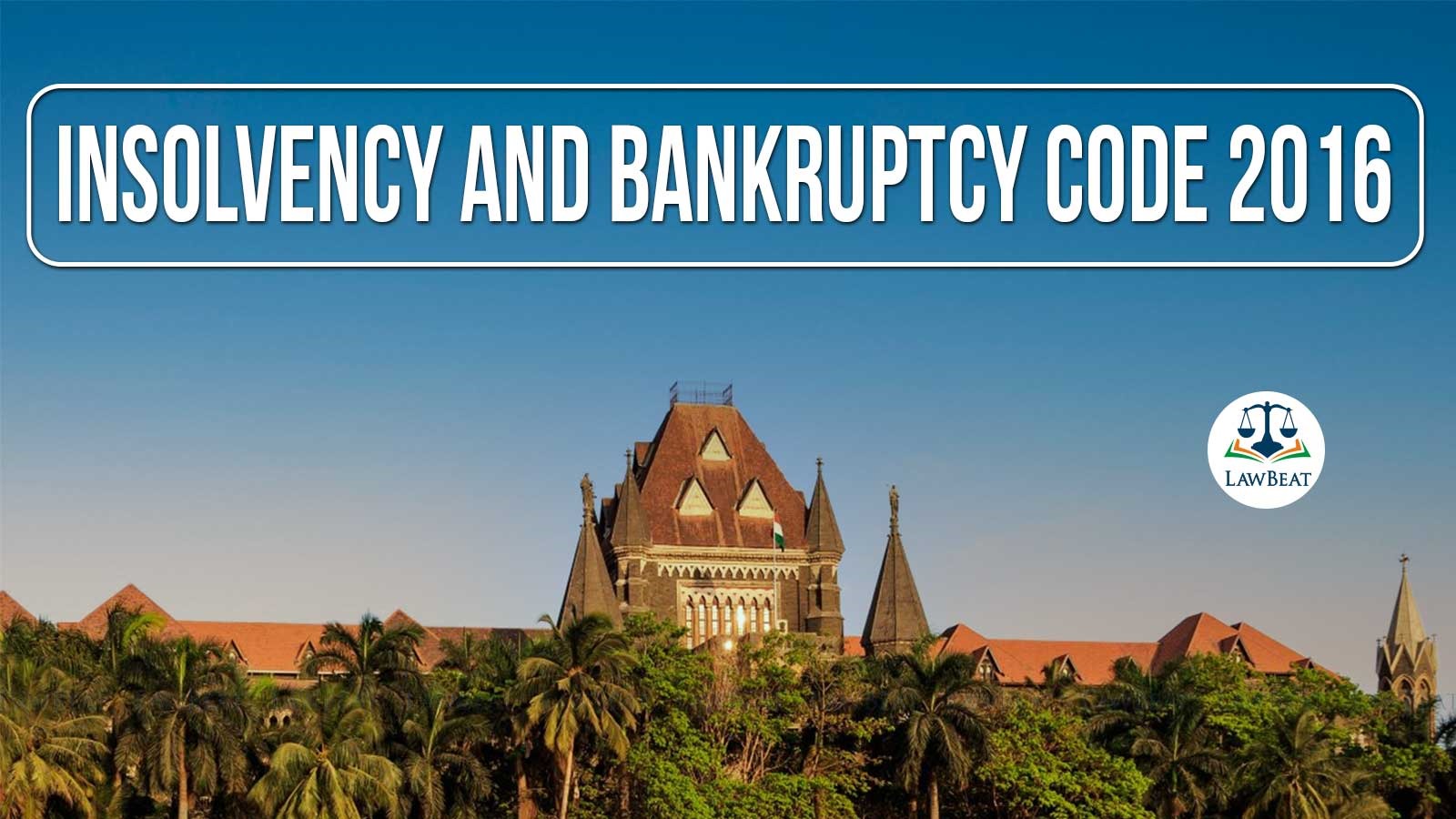Plea Challenging Constitutional Validity of Provision of IBC 2016: Bombay High Court Issues Notice To Attorney General

The plea also highlights that the automatic suspension of the insolvency professional has adverse consequences on their reputation, goodwill, and employability
The Bombay High Court has issued a notice to the Attorney General of India in a petition challenging the constitutional validity of the provision in the Insolvency and Bankruptcy Code of 2016, which prohibits an insolvency professional from performing any functions under the code during ongoing disciplinary proceedings against them.
“Since the constitutional validity of Sections 7(5) and 9(5) of the IBC, 2016 are also challenged in the present Petition, notice is issued to the Attorney General of India returnable on 27th September, 2023,” the order reads.
The order was passed by a division bench of the high court consisting of Justice BP Collabawala and Justice MM Sathaye through an order dated August 31.
The petition, filed by an Insolvency Professional, challenges the constitutional validity of Sections 7(5), 9(5), 16(2), 16(3), 16(4), 27(5), 82(1), 89(3), 97(1), 98(3), 98(5), 125(1), and 145(5) of IBC 2016.
All these sections either necessitate the replacement of an insolvency professional or the non-appointment of one if there are pending disciplinary proceedings against them.
The petition argues that the provisions result in the suspension of the insolvency professional from the date of the issuance of a show cause notice which is against the principles of natural justice and principles of ‘innocent until proven guilty’.
Additionally, the petition states that the provisions are violative of the fundamental right to practise any business and profession and therefore in contravention of Articles 14, 19, and 21 of the Constitution.
The petitioner, Poonam Basak, an insolvency professional, received a three-year suspension from the Insolvency and Bankruptcy Board of India (IBBI) following a complaint filed with the IBBI.
The allegations against her were related to irregularities during the Committee of Creditors' voting process for the removal of an insolvency professional. According to the mandate of law, a voting percentage of 66% is required to remove the insolvency professional.
Nonetheless, some Committee of Creditors members filed a complaint against Basak, alleging that she had not accurately recorded their votes, which resulted in the failure to meet the required 66% mandate.
Basak challenged the disciplinary committee's order before the Bombay High Court, arguing that the order did not adhere to the requirement of being issued by a Whole Time Member, as mandated by the Act. Instead, it had been issued by the Chairperson of IBBI.
IBBI countered this by arguing that the Chairperson effectively functions as a de facto Whole Time Member of the disciplinary committee, and as such, the order suspending Basak is valid.
The high court agreed with Basak and set aside the order suspending her while noting that prima facie the order was passed by an authority that lacked jurisdiction.
“We are of the view, at least prima facie, that the ‘Chairperson’ is a separate and distinct category from a ‘Whole-Time Member’. Admittedly the present impugned order has not been passed by a Whole-Time Member but by the Chairperson,” the court recorded.
The high court will now hear the challenge to the constitutional validity on September 27, 2023.
Poonam Basak was represented by Senior Counsel Sharan Jagtiani, Adv. Nirman Sharma, Adv. Ansh Karnawat, Adv G. Aniruth Purusothaman, Adv. Parth Shah i/by Adv Parth Shah.
IBBI was represented by Advocate Pankaj Vijayan.
Case title: Poonam Basak vs UOI & Ors.
